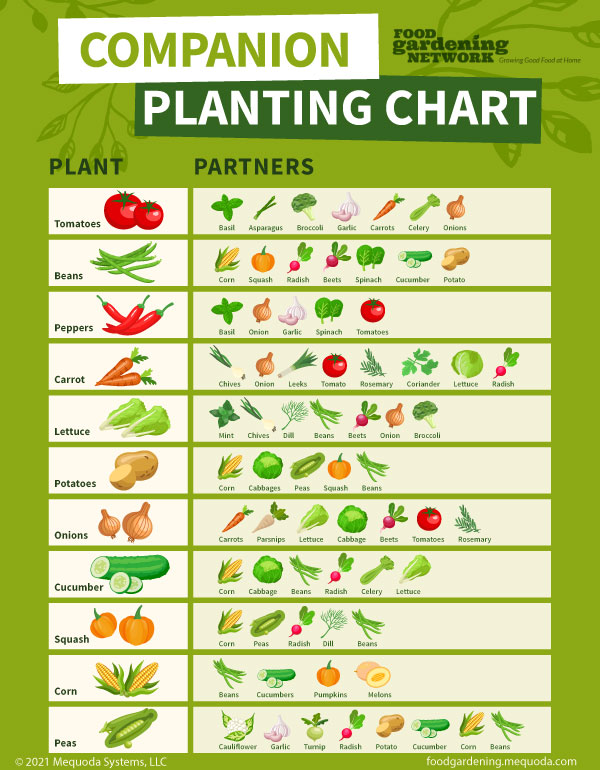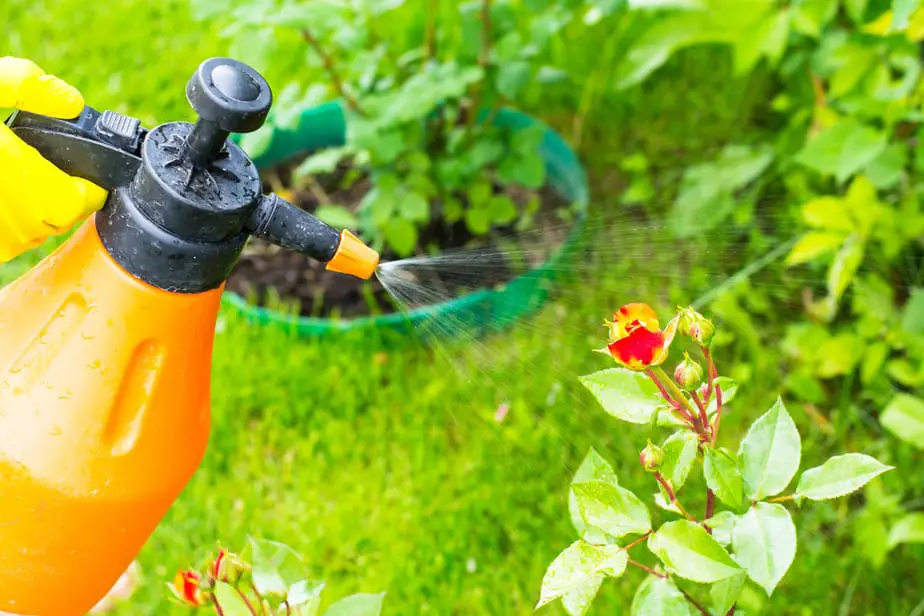Top Plants for Natural Pest Control in Gardens: Your Eco-Friendly Guide

Imagine this: a lush, vibrant garden teeming with life, but not a single synthetic pesticide in sight. Sounds like a dream? It's not. Welcome to the world of natural pest control, where plants are the heroes, not the victims. In this guide, we'll explore the top plants for natural pest control in gardens, empowering you to create an organic, eco-friendly sanctuary. So, are you ready to turn your garden into a pest-repelling powerhouse? Let's dive in!
The Power of Companion Plants
Companion planting is like creating a strategic alliance in your garden. Certain plants, when paired together, can repel pests, improve growth, and even enhance flavors. It's a win-win situation!
Herbs: The Multitaskers
Herbs are not just culinary delights; they're also natural repellents. Basil, for instance, is known to deter flies and mosquitoes. This fragrant herb contains essential oils that these pests find repulsive. So, next time you're planning a backyard barbecue, make sure to pot some basil nearby.

Mint is another multitasker. Both peppermint and spearmint have a strong aroma that is unpleasant to rodents, ants, and even some insects. Plant them in your garden or place potted mint on your patio to keep these critters at bay.
Flowers: Beauty with a Purpose
Flowers aren't just for aesthetics; they can also be powerful pest repellents. Take marigolds, for example. These vibrant flowers contain thiopene, a chemical that helps repel nematodes (microscopic worms), rabbits, and other pests. Plant them around your vegetable garden for a protective barrier that's easy on the eyes.
Chrysanthemums are another attractive option. They contain pyrethrum, a potent insect repellent. Plus, they attract beneficial insects like ladybugs and lacewings, which feed on garden pests. It's like having a tiny army defending your garden!
Vegetables: The Secret Weapons
Some vegetables do double duty as natural repellents. Onions and garlic are known for their pungent smell, which can deter aphids, mites, and even deer. Plant them strategically around your garden to keep these pests away.
Radishes are also surprisingly effective. They contain chemicals that can repel cucumber beetles, among other pests. Plus, they're a tasty addition to your salad!
Organic Pest Control: The Benefits
Organic pest control isn't just about avoiding chemicals. It's about creating a balanced ecosystem in your garden. By using companion plants, you're encouraging biodiversity, which can make your garden more resilient to pests and diseases.
Moreover, organic pest control is safer for you and the environment. You won't have to worry about chemical residues on your fruits and vegetables, or about harmful runoff affecting local waterways. It's a sustainable, eco-friendly approach that benefits everyone.
Creating Your Pest-Repelling Garden
So, how do you put all this information into action? Here are some tips for creating your pest-repelling garden:
Plan Ahead: Sketch out your garden, noting which plants you want to pair together. Consider factors like sunlight, water needs, and growth habits.
Rotate Crops: Pests can build up in soil over time. By rotating your crops, you can disrupt their life cycles and reduce infestations.
Attract Beneficial Insects: Not all insects are pests. Some, like ladybugs and praying mantises, feed on garden pests. Plant flowers that attract these beneficial insects, such as dill, fennel, and yarrow.

Monitor Your Garden: Regularly inspect your plants for signs of pests. Early detection can prevent small problems from becoming big ones.
Conclusion: Embrace the Power of Nature
In conclusion, natural pest control is not just about what you exclude from your garden, but what you include. By choosing the right plants, you can create a harmonious ecosystem that resists pests naturally. So, why not give it a try? Your garden, and the environment, will thank you.
Happy gardening! Remember, every small step towards organic gardening is a step towards a healthier, more sustainable world. Now, go forth and create your pest-repelling paradise!
FAQs
Q: What are some common garden pests? A: Common garden pests include aphids, whiteflies, spider mites, slugs, snails, and certain beetles. Each has its own preferences and life cycle, so understanding them can help you control them better.
Q: Can companion planting completely eliminate pests? A: While companion planting can significantly reduce pest populations, it may not eliminate them entirely. However, it can help maintain a balance, preventing infestations from getting out of hand.
Q: Are there any plants that attract pests? A: Yes, some plants are particularly attractive to pests. For example, certain varieties of roses are prone to aphid infestations. However, even these plants can be managed with proper care and companion planting.
Q: What if I still have pests after companion planting? A: If pests persist, consider other organic methods like insecticidal soaps, neem oil, or diatomaceous earth. Also, ensure your garden is healthy overall, as pests often target stressed or weakened plants.
Q: Where can I learn more about organic pest control? A: There are many resources available online. Websites like the National Pesticide Information Center and Rodale's Organic Life offer a wealth of information on organic pest control methods. Additionally, local gardening clubs and nurseries can provide advice tailored to your specific region.
0 Response to "Top Plants for Natural Pest Control in Gardens: Your Eco-Friendly Guide"
Post a Comment